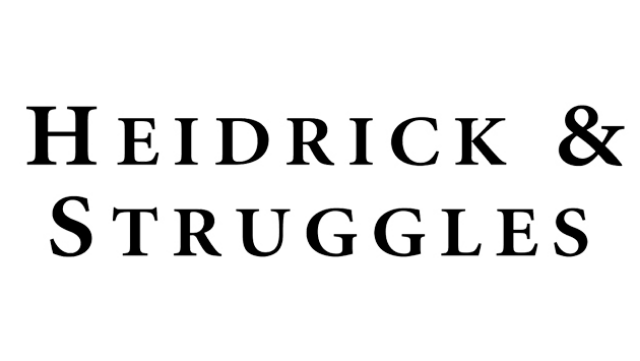Going digital, the focus for many companies today, continues to rightly demand the attention of leadership teams as they evolve to meet new challenges and expectations.
And digital transformation is to a large extent enabled by innovation, from building new products and services more quickly in order to be responsive to customers, to leveraging data for more efficient operations in HR or supply chain, to developing new disruptive businesses.
by Christopher McCloskey for Heidrick & Struggles
Thus, innovation matters more than ever. In our experience, companies that get it right are those that first define the problem. That means being clear about their vision and goals for digital, where they are in their development, and what type of innovation will best help them reach those goals. Innovation leaders need to focus on these initiatives.
What type of innovation leaders are companies hiring now?
Top innovation roles come with very different objectives and titles, and from a wide range of candidate pools—business literature is full of articles offering different taxonomies to capture and classify them. Today, there is a clear change of tide in digital disruption, with more established players using their scale, resources, and lessons learned to take the lead in disrupting their industries and setting their eyes on new ones. One of the consequences of this cross-sector convergence is that when it comes to talent, competition is more intense for skill sets that used to see only specialized demand. It also means that the scope of innovation leadership roles can vary even more widely from one company to another, depending on where they are on their innovation and digital maturity journeys.
In our experience with a variety of leading companies across industries, innovation leaders today fall into one of three broad categories based on how they deliver value to their companies:
New product innovators
These leaders improve the pace and success of new product launches while exhibiting a keen understanding of customer needs. They have a strong point of view on how customer needs are shifting and what emerging technologies will best meet them. In addition, these leaders are skilled operators capable of efficiently running a large global product development function with an eye on results.
This category of innovation leaders may be considered the most traditional of the current innovation roles, though these leaders work with more urgency in today’s world of accelerating change and shorter product cycles. To be successful, new product innovators must have relevant industry experience or at least have worked in the target product ecosystem, such as consumer Internet of Things, autonomous vehicles, or voice control.



